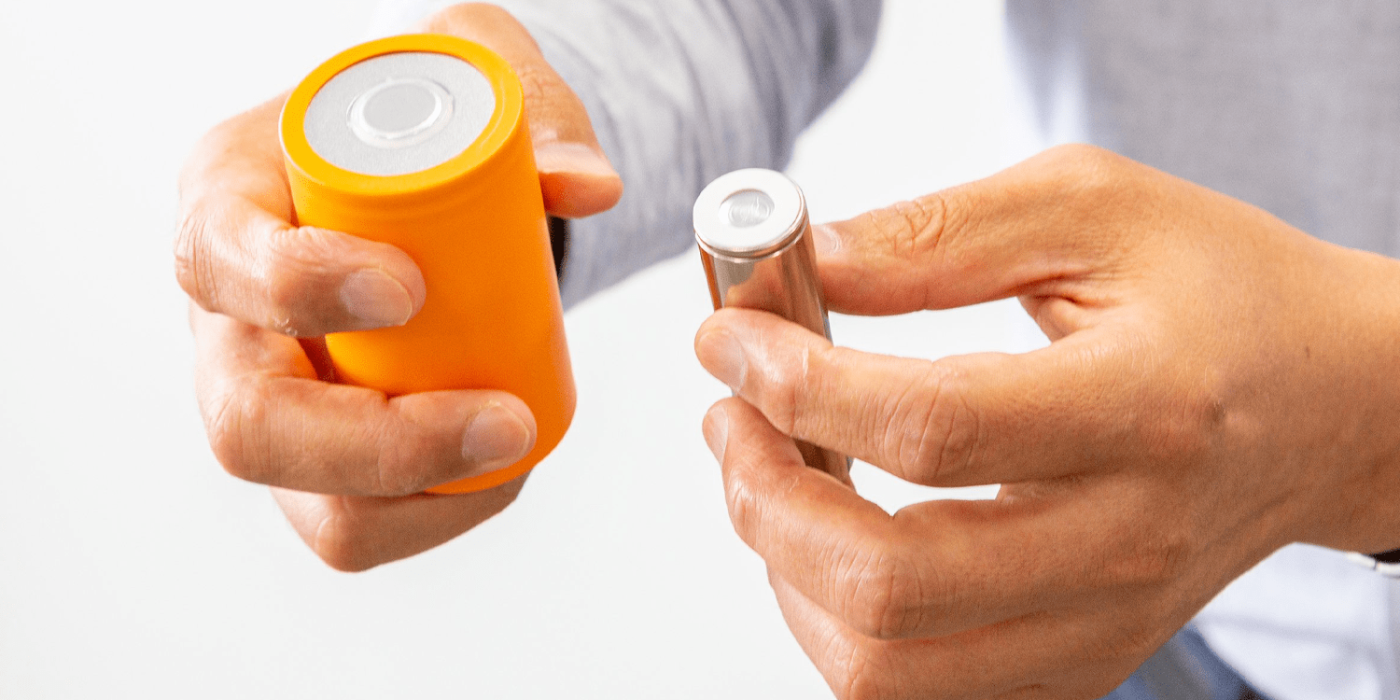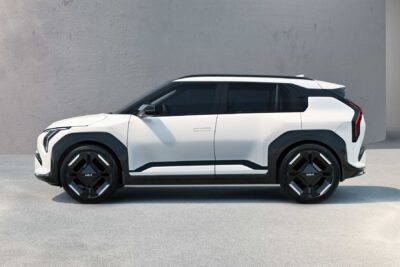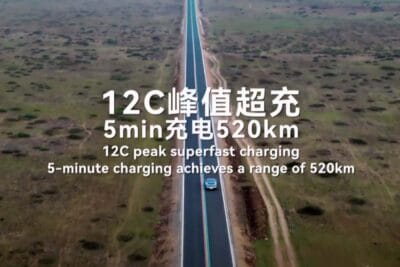Panasonic presents prototype 4680 cells
Panasonic has presented a prototype of its 4680 cell for Tesla. Test production of the cells is scheduled to begin in Japan in March 2022. It is not yet clear when series production will begin. To date, Panasonic is the only known supplier commissioned by Tesla to build the 4680 cells.
Panasonic’s battery boss Kazuo Tadanobu now presented the prototype of the cell to media representatives. The 4680 cell is five times larger than the NCA battery cell currently used by Tesla. According to the partners, it should primarily lead to a reduction in costs. Tadanobu also said that Panasonic will stay out of the LFP battery business for Tesla. The Californian electric carmaker had announced in its latest annual report that it would switch its standard range models worldwide to LFP batteries.
Tadanobu is nevertheless convinced that the deal with Tesla on the new 4680 cell “can only lead to stronger relationships”. It was already made public at the beginning of the year that the investment in this project would amount to “tens of millions of dollars”.
In September 2020, Tesla presented said significantly larger and more powerful battery cell called 4680. At Tesla, the designation traditionally refers to the dimensions: The diameter of the round cell is 46 millimetres, the cell is 80 millimetres long. The new cells should not only improve the range and performance of electric cars, but also be cheaper per kilowatt-hour and significantly reduce the investment costs in their production.
At its ‘Battery Day‘, Tesla also announced at the time that it wants to manufacture these cells itself using equipment developed in-house. At present, the new cells are only produced at Tesla in a pilot plant in Fremont. However, the company is working on facilities to also produce the battery cells in a plant at the Gigafactory Berlin and at other locations. This is a change of strategy, as the Californian company has always worked with battery cell manufacturers up to now. First and foremost with main partner Panasonic, but now also with LG Chem and CATL. However, it has been clear for some time that the change in strategy will be less drastic and that Panasonic will also produce and supply the 4680 cells.
This development is not self-evident, as the relationship between Tesla and Panasonic was considered weakened for a while in view of Tesla’s decision to diversify its battery suppliers and Panasonic’s sale of Tesla shares. In the past year and a half, however, the partners have apparently become much closer again: In the first quarter of 2020, Gigafactory 1 in Nevada, which is operated by the two companies, was profitable for the first time. The 2170 round cells for the Model 3 and Model Y are manufactured there for US production. Subsequently, Tesla and Panasonic had agreed on a new three-year contract for Gigafactory 1 in June 2020, and in July 2020 it was revealed that Panasonic had promised Tesla a version of the 2170 cell without cobalt in the cathode and with a higher energy density.
Independently of the partnership with Tesla, Panasonic has meanwhile acquired another new customer from the electric car industry: The start-up Canoo has placed an order with the Japanese company for battery cells for the Canoo Lifestyle Vehicle. This will initially be built by contract manufacturer VDL in the Netherlands from the end of 2022. Details of the contract between Canoo and Panasonic are not known.
reuters.com, teslarati.com, insideevs.com, news.panasonic.com, press.canoo.com (Canoo)





0 Comments